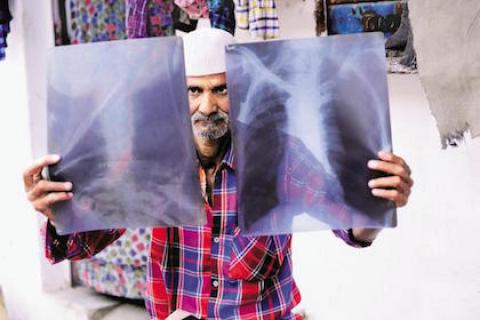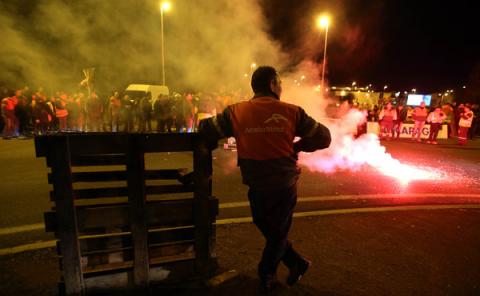Apple and Camp Bow Wow: Sharing Strategies to Keep Wages Low
Economic Policy Institute
“Non-competes (agreements) create a Balkanized labor force where you’re not a sandwich maker, but either a Jimmy John’s or Subway sandwich maker. Workers, in other words, are being forced to pledge fealty to companies that can still fire them at will. The payoff, of course, is that workers who, practically-speaking, can’t switch jobs are workers who can’t ask for raises.”









Spread the word